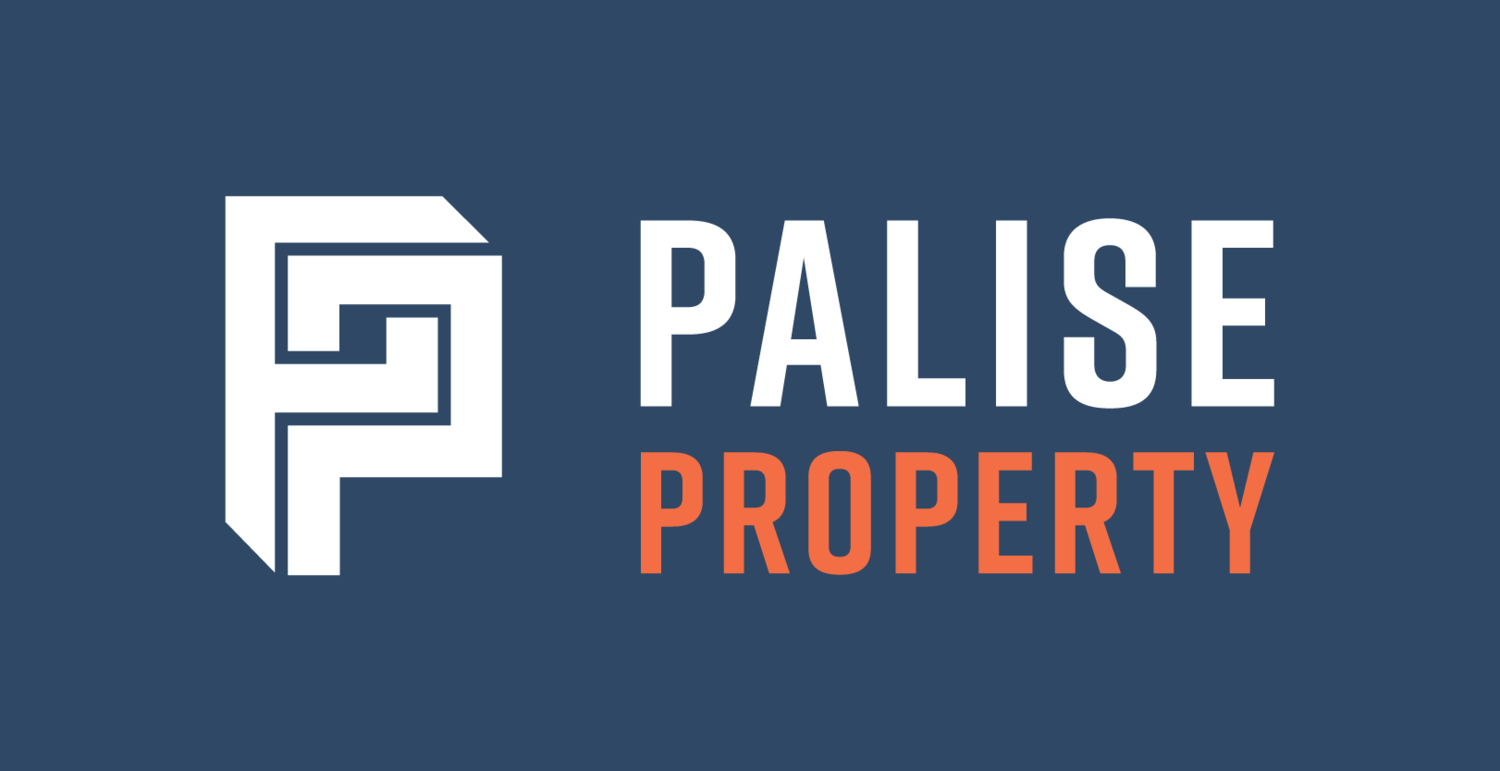Comparing Property Ownership Options: Finding the Best Structure for Your Property
In the multifaceted world of residential property investment, one crucial element is often overlooked: selecting an appropriate ownership structure.
Though it may seem complicated, this decision is instrumental in ensuring that you, as a property owner, optimise your tax benefits and safeguard your personal assets.
In this article, we’ll explore the common buying structures to help you develop the most effective pathway to maximise your investment while mitigating potential risks.
Individual Ownership
Investing in your property as an individual is straightforward and often preferred by first-time investors due to its simplicity and low setup cost. However, it could entail higher taxes if the property has a positive cash flow. Additionally, bankruptcy could lead to property loss.
Joint Tenancy
Joint tenancy involves co-owning a property with equal possession rights. It's typically favoured by couples or equal contributors to the property. A standout characteristic of joint tenancy is the right of survivorship, wherein the surviving tenant inherits the deceased tenant's share.
Tenancy In Common
Tenancy in common provides separate ownership with undivided interests in the property based on ownership shares, which may be equal or unequal. The ownership type is often selected when unequal contributions are made to the property. Unlike joint tenancy, there's no automatic right of survivorship.
Joint Venture
Joint ventures involve a group of individuals, such as friends or family, co-investing in the property. These ventures require clear understanding and agreements to prevent legal complications. Crucial components include consensus on property treatment, an exit strategy, and individual loans to safeguard personal finances.
Trust
Trusts offer income distribution, risk mitigation, asset protection, estate planning, and tax savings. Set up by a settlor, trusts are managed by a trustee, while beneficiaries are specified in the trust deed.
Family Discretionary Trust
Family discretionary trusts allow flexible income distribution for tax efficiency and asset protection. Although they assist in estate planning, their setup costs and tax compliance requirements can be expensive.
Unit Trust
Unit trusts divide the property into fixed units, similar to a company's shares. The distribution is based on units held. These trusts suit non-family member investments and provide benefits such as asset protection, estate planning, and eligibility for tax discounts.
Self-Managed Superannuation Fund (SMSF)
SMSFs offer individuals full control over their superannuation assets but require costly setup and strict adherence to regulations. They offer attractive tax benefits, including zero capital gains tax upon retirement and a maximum income tax rate of 15%.
Company
Property ownership under a company structure provides advantages such as lower tax rates, dividends, and asset protection. However, it carries challenges like banking restrictions, potential property loss during a legal action, high setup costs, and the ineligibility for capital gains discount.
Syndicate
Property syndicates allow co-ownership of high-value properties through pooled funds, offering a passive investment approach and requiring minimal involvement in property management. Syndicates operate as unit trusts and provide lower capital requirements, diversification, and time-saving benefits. However, they have potential risks like reduced control and reliance on the management team.
Key Takeaways
While ownership structure selection may not be the most exciting element of property investing, there’s no doubt it has a pivotal role in helping you reach your financial goals.
Everyone’s circumstances are different, so weighing up these factors alongside the advice of a financial expert is highly recommended.
If you want to learn more about this aspect of property investment – or any other element, you can check out our best-selling book on commercial property investing or get in touch with us.
Property investment can seem intimidating to those beginning their journey but arming yourself with knowledge is key to laying solid foundations for a successful enterprise.
